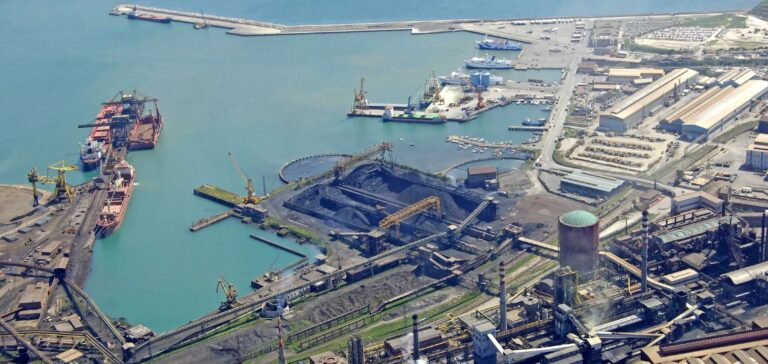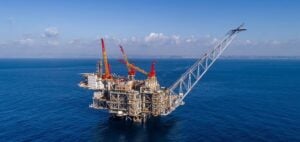The contested establishment in Tuscany of a gasification plant, considered crucial to fight against Italy’s dependence on Russian gas, received the green light on Tuesday from a special commissioner appointed by the government.
This decision was announced on the same day that the new Prime Minister Giorgia Meloni, who took office on Sunday, declared before parliament that her “priority” would be to help households and businesses cope with their exorbitant gas and electricity bills.
The floating storage and gasification plant is to be located in the port of Piombino in Tuscany (center), despite the opposition of environmental associations and residents, said the special commissioner Eugenio Giani at a press conference in Florence.
The floating plant, owned by the Italian group Snam, is due to be operational by the end of March and is expected to supply gas to the industrial north of the peninsula.
This project was at the heart of former Prime Minister Mario Draghi’s government’s plan to reduce dependence on Russian gas after the invasion in Ukraine.
Her Minister of Ecological Transition Roberto Cingolani, who has become an adviser to Ms. Meloni, said in mid-October that the Piombino plant was “essential for national security.”
An opinion shared by the CEO of the Italian energy giant Eni, Claudio Descalzi, who considered this plant “absolutely necessary” to avoid a supply crisis in 2023, which will be a “much more complex year”.
The Piombino terminal will result in “lower bills for 60 million Italians,” Giani said Tuesday.
Several unions, local residents’ associations and the mayor of Piombino, who has announced that he will appeal the commissioner’s decision, have expressed concerns about the safety and health risks posed by the facility.
Greenpeace Italy denounced last week a project based on “incomplete evaluations, superficial considerations and impossible deadlines”.
According to Mr. Giani, the plant will remain in Piombino for three years, before being transferred elsewhere.
Before the war in Ukraine, Italy imported 95% of its gas, 40% of which came from Russia. This proportion fell to around 10% after the diversification of supplier countries initiated by the Draghi government, carried out in parallel with an acceleration of the transition to renewable energies.





















